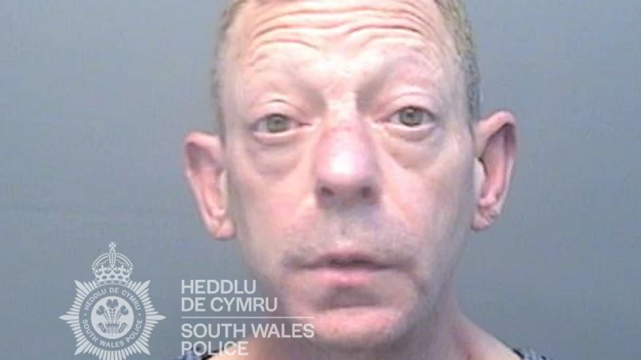
The family of a man murdered 24 years ago have said “catastrophic failings” of the probation service enabled his killer to strike again.
Brian Whitelock, 57, has been given a whole life sentence, meaning he will never be considered for parole, for the drug-fuelled and “brutal” murder of “bubbly and caring” retired riding instructor, Wendy Buckney.
He had moved into a flat across the road from the 71-year-old in Clydach, Swansea, after serving 18 years in prison for murder and manslaughter, including killing his own brother.
It is understood a multi-agency serious case review will now take place to discover if authorities missed opportunities to protect the public from the double killer.
The Probation Service said it was also conducting its own review.
Whole life orders are reserved for the most severe cases.
Nurse Lucy Letby, April Jones killer Mark Bridger and Wayne Couzens, who murdered Sarah Everard while he was a police officer, were all given whole life orders.
Sentencing Whitelock at Swansea Crown Court, Judge Mr Justice Griffiths called the murder in August 2022 a “frenzy of violence”.
“[Wendy] knew what you were doing to her. Her injuries included injuries to her hands while she tried to defend herself, but of course she was no match for you,” he said.
“You described it as torture, and that’s what it was.”
He added: “You described her as like a second mother to you. She deserved nothing but gratitude, but you brutally murdered her anyway and you have never, ever suggested a motive.”
Wendy’s family were joined in court for the sentencing by the families of Whitelock’s previous victims, Nicky Morgan and Glen Whitelock. Nine of the 12 jurors from his trial also returned to see him sentenced.
In a victim impact statement read in court, Wendy Buckney’s sister Ann said Wendy knew about Whitelock’s past but had given him odd jobs to do around her flat because she felt he deserved a “second chance”.
Applause broke out in the court room when the whole life sentence was handed down.
Warning: This article contains details that some people might find distressing.
Ann said her family cannot stop thinking about the day Wendy was killed and whether she was frightened, or “begging him to stop”.
She said: “He has not just taken one life. He has taken ours too.”
The scale of Wendy’s injuries meant they were not able to visit the mortuary to say goodbye.
Huw Rogers of the Crown Prosecution Service called the attack “sustained and brutal”, adding that Wendy’s family showed “remarkable fortitude” during the trial.
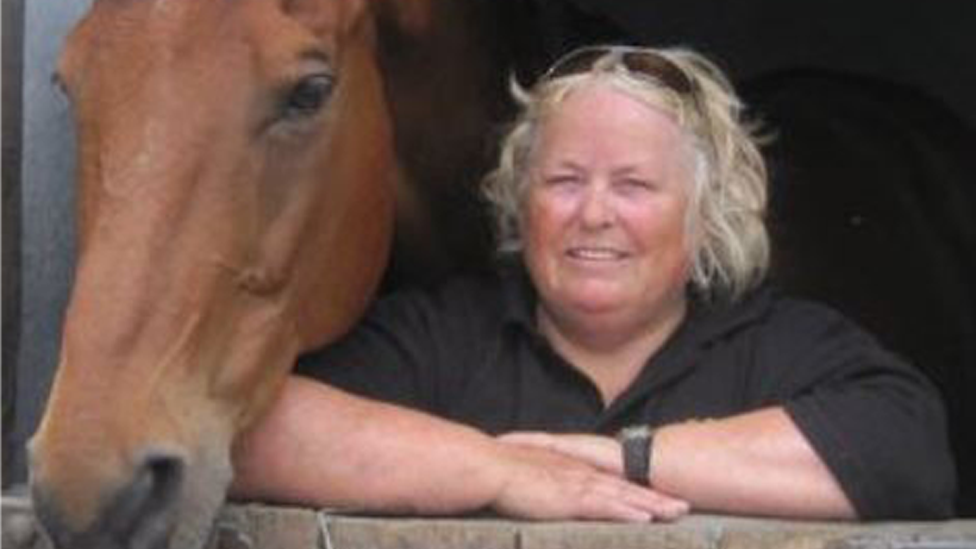
Wendy Buckney was popular in the local community as the founder of an affordable riding school
Det Ch Insp Matthew Davies of South Wales Police said the crime scene was “one of the worst” he had investigated.
As well as the extensive injuries to Wendy’s body, he said the flat was “devastated”.
A blood-covered sofa was standing on its end and a shelving unit had been ripped apart. The broken shelves matched bruises found on Wendy’s body.
Wendy was naked, and Whitelock’s DNA was found on her underwear. It was the prosecution’s case that he had also sexually assaulted her.
He admitted to Wendy’s murder at the scene of his crime but in court, where he represented himself, he claimed manslaughter on the grounds of diminished responsibility, saying his actions were caused by a head injury.
But the prosecution rejected that claim, saying the combined effects of alcohol and a “fixation” with diazepam, which he was buying off the streets, had sent him into a violent rage.
The jury at Swansea Crown Court took just six minutes to find him guilty of murder.
During the court case, it emerged it was not the first time he had killed.
Whitelock had already spent 18 years in prison for murdering 27-year-old Nicky Morgan in October 2000, after drinking and taking diazepam.
He then set fire to Nicky’s body, starting a blaze that killed his own brother, Glen, who was sleeping upstairs.
He was given a life sentence for the killings, but was released on licence in 2019 and went to live in Clydach, near Swansea.
He had to follow strict conditions, including drug testing and there were restrictions on where he could travel to.
Nicky Morgan’s family told BBC Wales they repeatedly warned the Probation Service that he was travelling to areas he was banned from and buying drugs.
Whitelock was eventually recalled to prison in December 2020 for attacking a shop worker.
Nicky’s family then wrote to the Parole Board, urging them to deny his re-release and warning he would commit “another horrific offence”.
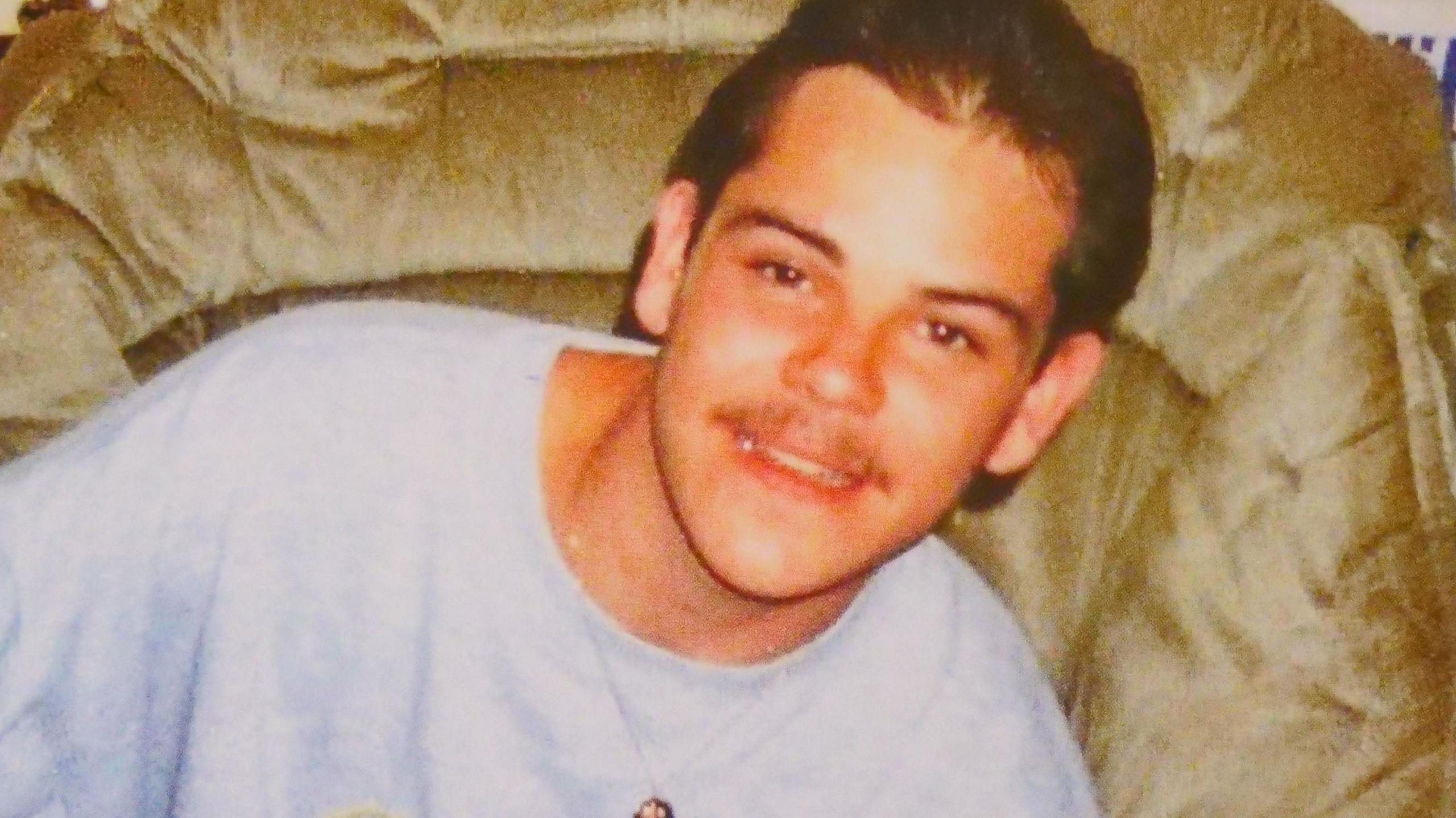
In a decision document seen by BBC Wales, the Parole Board said it had identified “protective factors” that would reduce the risk of him reoffending, including “his ability to reflect on situations and victim empathy”.
Whitelock was released in October 2021.
Nicky Morgan’s sister Melanie Huxley said: “From the day he was released he was using drugs, drinking, riding around Swansea – all against his conditions.
“It could have been prevented if they had listened.”
In the days leading up to Wendy Buckney’s murder, neighbours became increasingly concerned about Whitelock’s behaviour and reported it to police.
Videos filmed by one neighbour showed him leaning out of his flat window with blood on his face and slurring his words in what the judge called, “a very advanced state of intoxication”.
DCI Davies said officers attended but found no crimes had been committed and gave suitable advice.
The Parole Board said its review of the case had been completed and would not be published, but that it took such cases “extremely seriously” and was “committed to learning lessons”.
The Ministry of Justice, which runs the Probation Service, said a “serious further offence” review was underway, the findings of which will be shared with Wendy’s family.
A spokesperson added: “This was an appalling crime and our thoughts remain with the family and friends of Wendy Buckney.”
After the sentencing, Nicky and Glen’s families urged any review to look at mistakes made while Whitelock was out on licence.
They added: “We firmly believe he should have been recalled long before.
“Somebody should be held accountable as if he was in prison for breaching his conditions, Wendy could still be alive.”
Source: bbc.co.uk



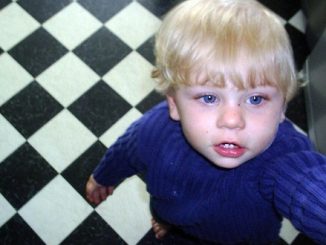

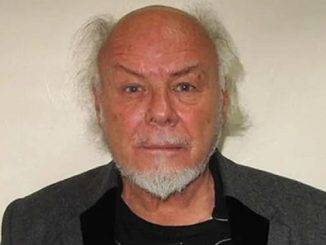
Be the first to comment